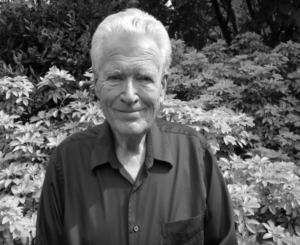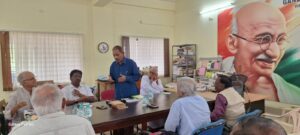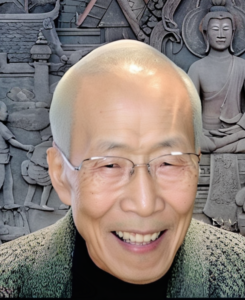It seems clear that religion has a purpose because it has so many adherents.
In Karen Armstrong’s CharterforCompassion.org website there is a demonstrated consensus that
The principle of compassion lies at the heart of all religious, ethical and spiritual traditions, calling us always to treat all others as we wish to be treated ourselves.
(Some call this Goldenruleism as this is widely known as the Golden Rule)
Quotes from religious documents accepted as authoritative by the existing religious authorities in each tradition are provided in the language of the tradition and also in other languages. Her scholarship has been widely recognized as rigorous and exhaustive. The Golden Rule, as a simple, reasonable and logical rule, elicits behavior that supports the survival of the human race. It is altruistic, and altruism has been widely credited with the success of the human race so far.
When the Golden Rule is mentioned, it seems someone always wants to respond with: what about the “Platinum Rule” – do to others what they would want you to do. Clearly, if you would want to do something for someone, you would ask them if that is what they wanted, or ask them to tell you what they want. However, as a principle of behavior, it is obviously asking for the behavior of a slave. A slave must always respond to the wants of others with what they want.
Rev. A. Powell Davies proposed a purpose for a “Unitarian Advance” in 1943:
Our purpose is liberation from the tyranny of hate and greed, and from the barriers of race and class.
(If the name Davies does not ring a bell, a UU World article in the 2002 July/August edition sums up his bonafides.)
This purpose includes what can be seen as a summing up of the current world ills that we can address with purpose as an implementation of the Golden Rule. We want liberation from the tyranny of hate and greed, and the barriers of race and class for ourselves and for everyone else.
Along the same lines, a new purpose has been proposed for the Unitarian Universalist Association:
The Unitarian Universalist Association will actively engage its members in the transformation of the world through liberating love.
This purpose can be read as a version of Davies’ purpose. If our world was liberated from the tyranny of hate and greed, and from the barriers of race and class, would it not be transformational and require liberating love as a motivational force? Liberating love (would anyone want controlling love?) can be seen as very like the compassion required to act in consonance with the Golden Rule. Some see “transformation of the world” as ridiculously ambitious. Compassion and liberating love do call us to have no barriers or geographical boundaries in their exercise. But we exercise liberating love in the world we perceive and interact with, and that is the world we transform. We can transform our worlds with compassion and liberating love. To start, we can each invite a friend to come with us to our religious, ethical or spiritual community to see why we go.
So can the purpose of religion be deduced? I believe so, but I leave it to you. If the great majority of humanity were living by the Golden Rule, would we not fulfill Rev. Davies stated purpose above while living in peace and community? What higher purpose than promoting the Golden Rule could we ask for?
My goal here is not to make any definitive statements, but rather to open up a thoughtful discussion.





